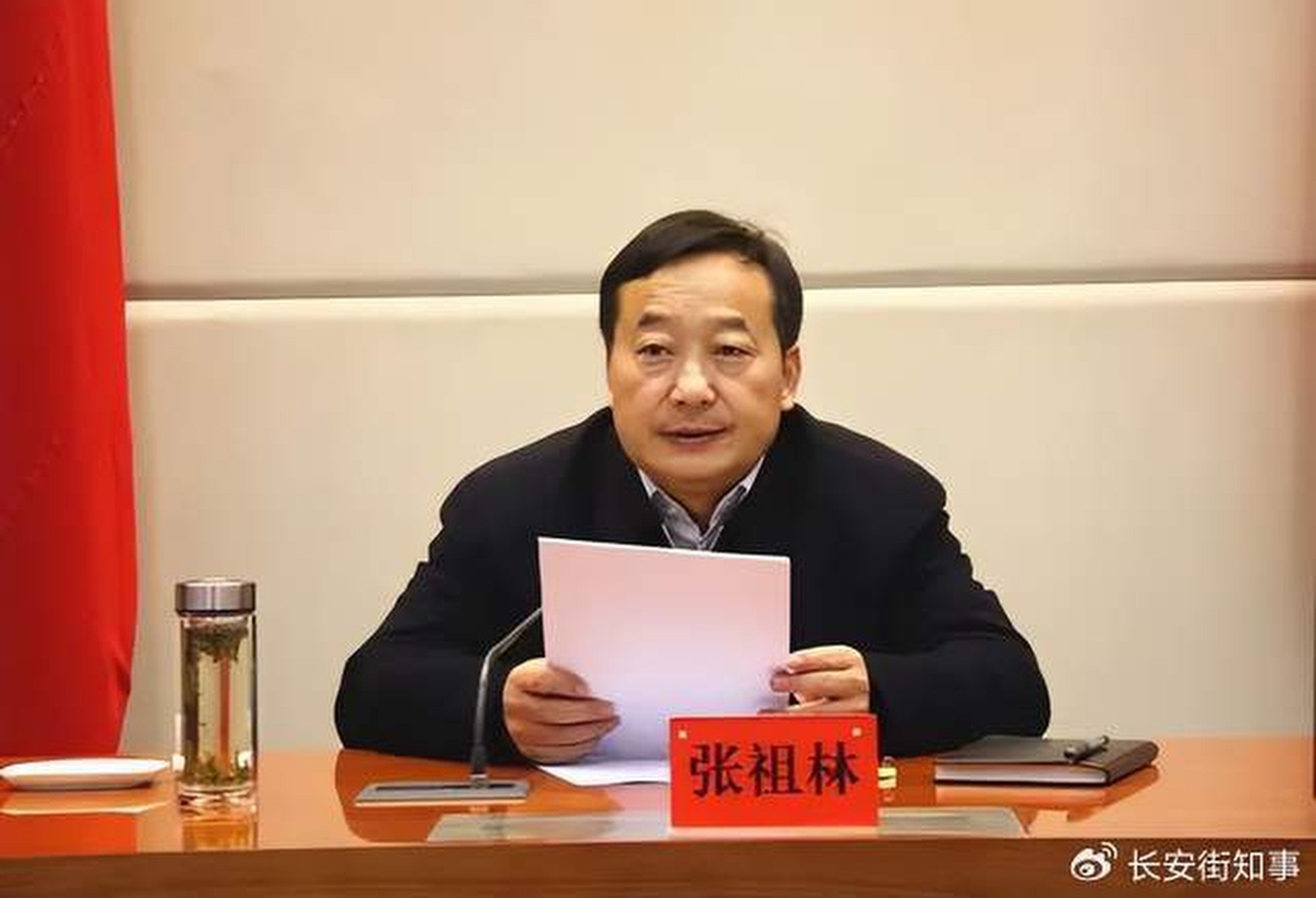Reading publications with “serious political problems” has become an increasingly common accusation levelled at disgraced officials by China’s anti-corruption agencies, who cite it as proof of disloyalty.
Among them is Li Bin, a former vice-director of the municipal legislature of Mudanjiang in northeastern Heilongjiang province. He was expelled from the Communist Party on suspicions of corruption late last month.
However, municipal corruption inspectors did not lead with claims of corrupt dealings. Instead, at the top of allegations made public was the accusation that he privately read an “illegal publication” with content that would “jeopardise the unity of the party”.
Do you have questions about the biggest topics and trends from around the world? Get the answers with SCMP Knowledge, our new platform of curated content with explainers, FAQs, analyses and infographics brought to you by our award-winning team.
It was in keeping with a norm in which political disloyalty is always the first charge listed.
A few days earlier, Cheng Zhiyi, 61, former party secretary of Chongqing’s Jiangjin district, was also accused of possessing and reading forbidden books. The southwestern city’s corruption investigators issued an announcement on his wrongdoings, saying he was accused of “reading overseas books and periodicals with serious political problems”.
Cheng and Li are among a growing group of disgraced Chinese officials who are being accused in public by corruption fighters at various levels of reading publications not endorsed by the authorities.
While the investigators did not name the books claimed to have been found in these officials’ possession, the accused are generally understood to have read political books that had been published outside mainland China and quietly carried across the border.
It is generally believed that “forbidden books” include but are not limited to those that examine a sensitive period for the party.
These include insider stories about the struggle of the party and its leaders; the Chinese Civil War; the Anti-Rightist Movement of the 1950s; the Great Leap Forward; the Three Years of Hardship famine; the Cultural Revolution; and the Tiananmen crackdown in 1989.
Publications on these subjects and others are forbidden by Chinese authorities and the act of carrying them across the border violates customs regulations.
A 2021 customs document defines articles prohibited and restricted from entering and leaving China. These include printed materials, films, photos, records, audio and video tapes, laser discs and computer storage media harmful to China’s politics, economy, culture and morality.
According to a tally by the South China Morning Post, allegations of reading politically forbidden books have appeared in at least a dozen corruption case readouts so far this year – from around seven last year.
Similar accusations have been made by anti-corruption bodies in at least five other provinces this year.
Deng Yuwen, former deputy editor of Study Times, the newspaper of the cadre-training Central Party School, said reading and circulating some sensitive materials within the party was common. This had long been impossible to ban, even in Mao Zedong’s era, he said.
“It is not a big deal if they are not under disciplinary investigation, but it can be major evidence of disloyalty when [the top watchdog] finds them.”

Zhang Zulin, former vice-governor of southwestern Yunnan province, was accused on September 12 of possessing and reading forbidden books, according to a statement released by the Central Commission for Discipline Inspection (CCDI), China’s top political disciplinary and anti-corruption body.
Zhang, who is 65 and retired, is accused of “losing his political ideals and aspirations, forming political cliques ... and possessing and reading books, periodicals and audiovisual products with serious political problems” in private, according to the CCDI.
The CCDI statement also announced that Zhang would be stripped of party membership and handed over to the judiciary for trial.
Three days earlier, the anti-corruption watchdog in Jiangxi province accused Gan Chengjiu – a former general manager at Jiangxi Financial Holding Group Ltd – of bringing “reactionary books into the country” and reading them privately, along with other political disloyalty and corruption charges.
Jiangxi Financial Holding is wholly owned by the eastern provincial government.
While such reading bans in China are believed to date back decades, the recent uptick in naming and shaming appears to coincide with last year’s amendment of the party disciplinary regulations, which greatly expanded the clause related to reading unapproved materials.
Those who privately read, browse or listen to publications and make irresponsible comments on the party Central Committee’s major policies, vilify the image of the party and the country, or slander leaders will be issued warnings, the amended clause stipulates. If the circumstances are serious, such persons could be removed from party positions.
More from South China Morning Post:
- China’s Communist Party brings in new rules to regulate faith, loyalty and performance
- Chinese legal community asks: where is the line on death penalty for corrupt officials?
- Rock ’n’ roll, internet are potential Western ‘colour revolution’ traps: Chinese textbook
- Deputy commander of China’s army among 5 stripped of lawmaker status amid corruption probe
For the latest news from the South China Morning Post download our mobile app. Copyright 2024.





